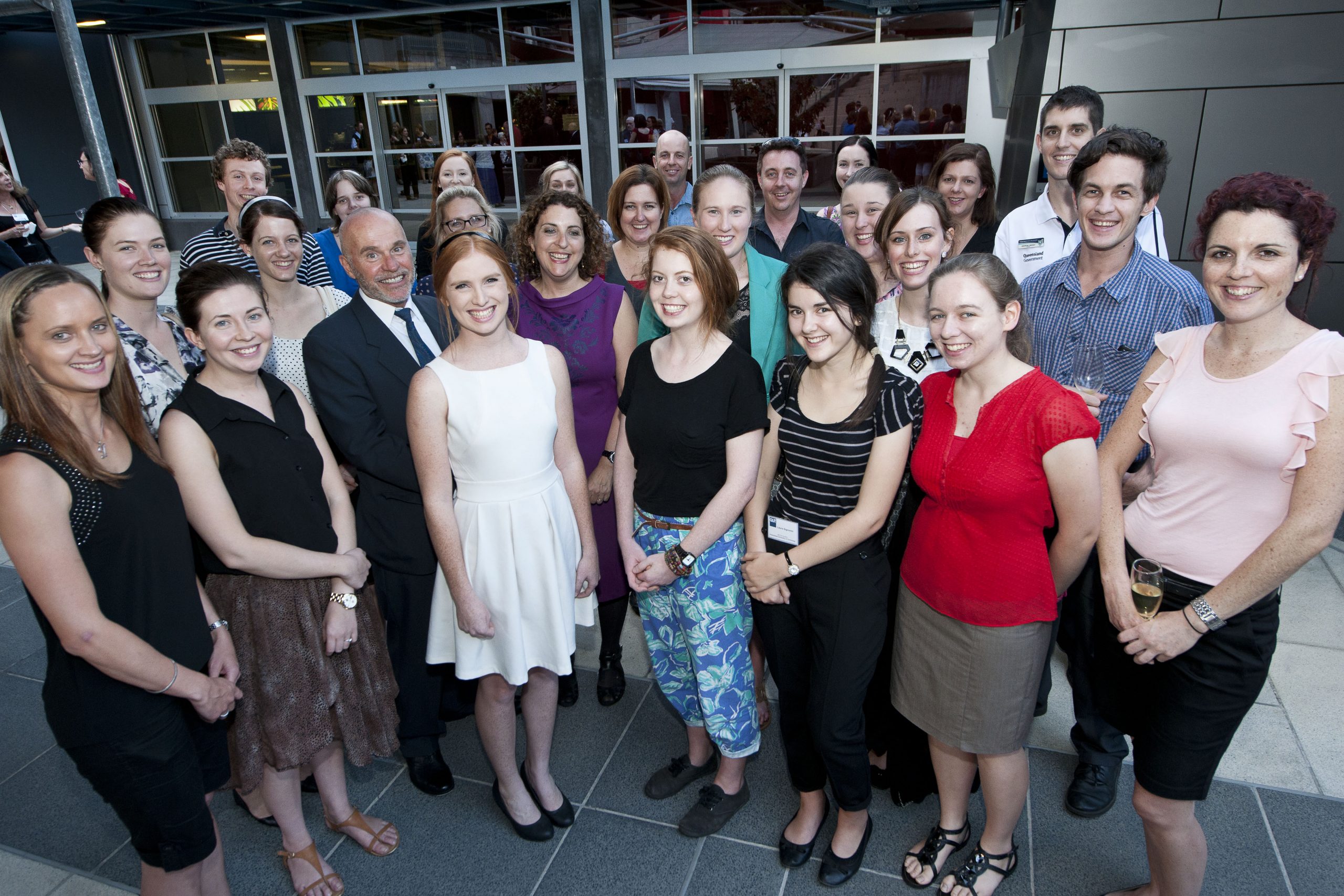Queensland Univerity of Technology
Top teachers for tough schools
$199,622
to expand the National Exceptional Teachers for Disadvantaged Schools Program to Western Sydney University.
Research shows that teacher graduates in the top academic quartile are far less likely to accept positions in low SES schools and those that do are retained for shorter periods of time than those in other schools. In other words, the kids who most need great teachers are the least likely to have them.
Established in 2009, National Exceptional Teachers for Disadvantaged Schools (NETDS) is the first systemic attempt in Australia to attract, prepare and employ the most effective teachers for schools in low socio-economic areas. The highest achieving teaching students are offered a specialised curriculum about the impacts of poverty on education, and supported prac in low SES schools throughout the second half of their degree.
In 2013, with support from Social Ventures Australia and Origin Foundation, QUT started sharing the NETDS approach with other universities. Since then, four other universities have successfully adapted NETDS into their teaching programs. VFFF was motivated to assist Western Sydney University, that has a long standing commitment to addressing issues of disadvantage in education, join the program.
The results with QUT graduates have been outstanding with almost 90% of NETDS teachers, choosing to work in low SES schools after graduation (prior this was 35%). These graduates are better prepared and more motivated and confident for the realities of the classroom and community – which can only help to break the attrition cycle in low-SES schools.
“VFFF has provided critical support for systemic changes in how mainstream Initial Teacher Education in Australia approaches teacher education for high poverty schools. We are excited that the reach of the NETDS program now extends to Western Sydney and look forward to seeing the impact of redistributing high achieving graduate teachers who are passionate and prepared into the schools that need them most”.




